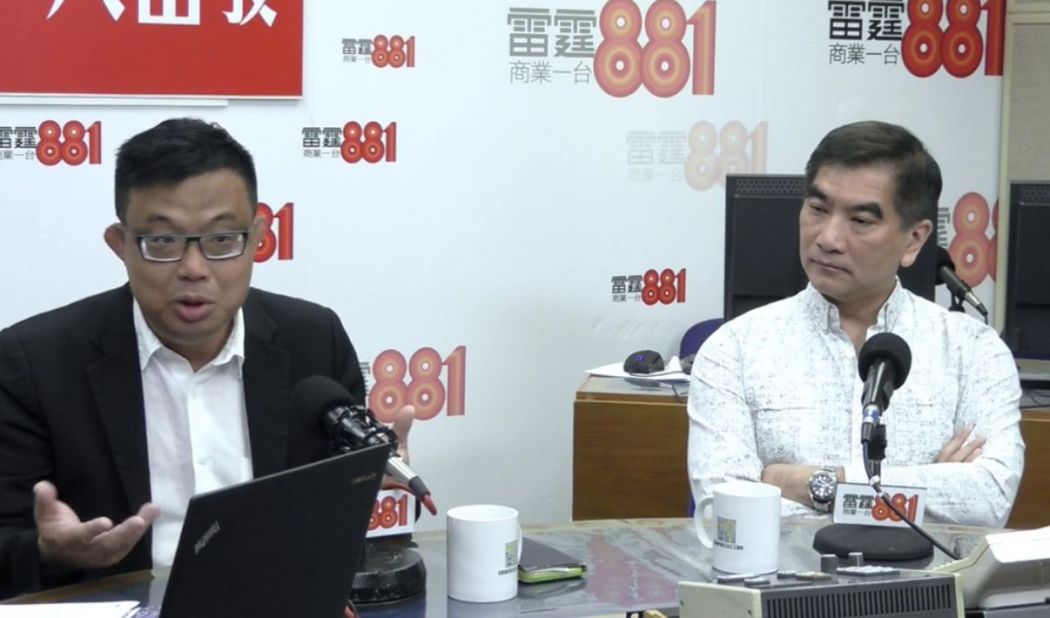Hong Kong’s commerce minister has said the city’s trade status may not be affected if the government uses emergency legislation, though democrat James To has said that such measures would be akin to martial law.
The Emergency Regulations Ordinance (ERO) would grant the city’s leader and her council of advisors the power to “make regulations on occasions of emergency or public danger.” The plan was first reported by pro-government newspaper Sing Tao Daily, with Chief Executive Carrie Lam saying on Tuesday that she would consider using all laws in Hong Kong. The law was last used during the 1967 riots.
Asked if the government would consider using the ERO, Secretary for Commerce and Economic Development Edward Yau said the government will act in accordance with the “One Country, Two Systems” principle and existing laws.

“I believe most people hope that violence in Hong Kong will stop, and that things return to peace and order,” he said on Tuesday when meeting reporters.
“Internationally, every place and government would use different means to do their work well, if they face a situation like in Hong Kong.”
Asked if using the ERO would harm Hong Kong’s trade status, Yau said: “I don’t see that. From a trade perspective, without a stable and peaceful environment, any economic activity would be affected.”

Democratic Party lawmaker James To, appearing on a Commercial Radio programme on Wednesday, said the ERO was a “colonial suppressive law” that had unlimited power.
“It is the same as announcing martial law,” he said. “It would be a disproportionate use of power.”
He said the Hong Kong police can handle the situation, and the government should respond to protesters’ demands to move forward.

Since June, large-scale peaceful protests against the ill-fated extradition bill have morphed into – sometimes violent – displays of dissent over Beijing’s encroachment, democracy, alleged police brutality, surveillance and other community grievances. Demonstrators continue to demand a complete withdrawal of the bill, a fully independent probe into police behaviour, amnesty for those arrested, universal suffrage and a halt to the characterisation of protests as “riots.”
Liberal Party leader Felix Chung, also speaking on the programme, said it would be difficult to assess the international community’s response if the government uses a law that has not been used for decades.
In the most extreme case, foreign companies may have to pull their money out from Hong Kong and foreign nationals may leave the city: “The government has to be convincing in handling this,” he said. “I believe suppressive means cannot solve the issue.”
Hong Kong Free Press relies on direct reader support. Help safeguard independent journalism and press freedom as we invest more in freelancers, overtime, safety gear & insurance during this summer’s protests. 10 ways to support us.

